On October 29, the National Assembly spent the whole day discussing socio -economic issues and the plan to restructure the economy. Previously, this content was discussed by National Assembly deputies in groups.
The majority of National Assembly deputies acknowledged the Government's outstanding efforts for the 2021-2025 term in socio-economic management, ensuring social security, national defense and international integration, thereby enhancing Vietnam's position in the international arena.
Many opinions say that in 2025, despite the fluctuations of the world economy and the impact of natural disasters and epidemics, Vietnam will still achieve many positive results. In particular, the economy has impressive growth and inflation is well controlled. GDP in 2025 is expected to reach 8%, especially labor productivity is estimated at 6.85%.
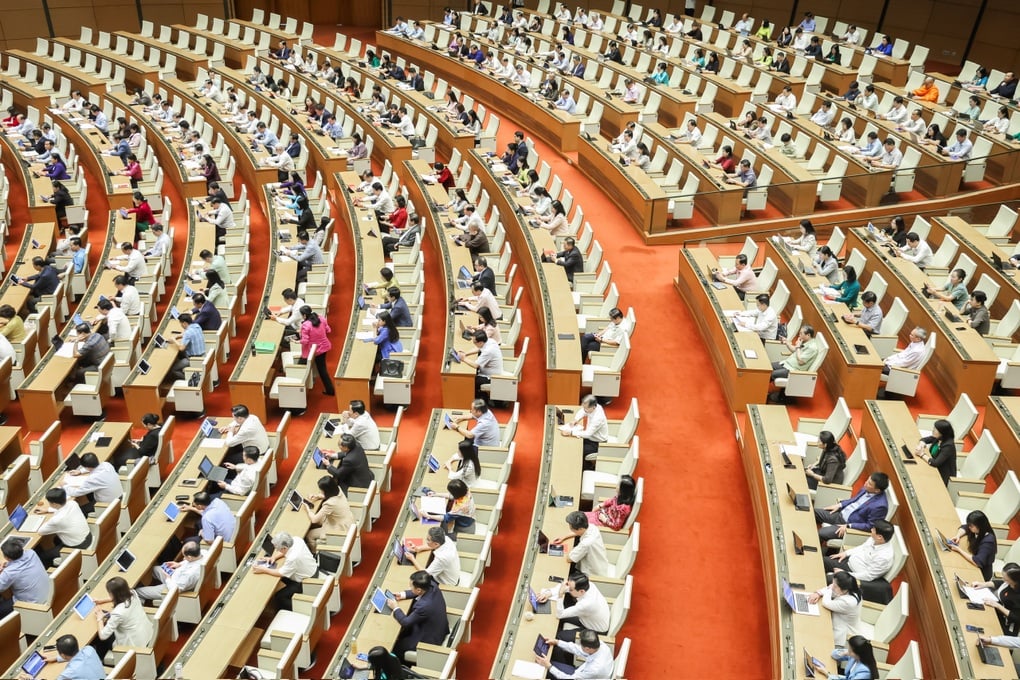
Delegates attending the 10th session of the 15th National Assembly (Photo: Quang Vinh).
However, many concerns about limitations and problems in the economy were also pointed out by National Assembly delegates.
Many opinions say that the current economy still faces many risks in finance, currency, real estate, gold market and corporate bonds.
National Assembly deputies warned of risks in interest rates, exchange rates, gold prices, real estate and stocks in financial and monetary management.
According to delegates, strong fluctuations in the gold, foreign currency and real estate markets have directly affected people's lives, requiring appropriate policies and solutions in the context of complicated developments in the world economy.
Many opinions have commented that there have been instabilities in recent times. Since mid-2024, the Government has intervened through the State Bank, but the effectiveness has only been short-term.
Currently, gold trading activities are limited, making it difficult for people to access, while income from gold trading is not subject to tax, causing inadequacies in management and investment.
National Assembly delegates recommended the need for flexible management measures to ensure transparency and market stability.
Some opinions suggested reviewing the gold and real estate management policy to avoid losses, protect state assets, stabilize the market and effectively mobilize socialized resources; suggested the State Bank and the Government re-evaluate the management mechanism, and at the same time study the policy of mobilizing gold and foreign currency from the people to increase resources for the economy.
Regarding the real estate market, many National Assembly delegates assessed that the recovery is unsustainable, has many potential risks, and needs a more reasonable land buying and selling mechanism.
National Assembly delegates reported that in Hanoi and Ho Chi Minh City, there is a large level of speculation, while the actual demand for housing only accounts for about 20%, outstanding real estate credit debt is increasing rapidly, housing prices have increased 2-3 times in 2 years, far exceeding people's purchasing power.
Delegates said the Government needs to clarify the phenomenon of speculation and apply reasonable tax measures to second, third and more homes as well as short-term transactions.
For social housing, the mechanism allowing transfer after 5 years without paying taxes and fees has created investment expectations, leading to a situation of competition for purchase and sale, with the number of registrations far exceeding the supply. National Assembly delegates proposed a comprehensive, long-term and fundamental solution to stabilize the market and ensure social security goals.
Regarding tasks and solutions, many National Assembly deputies support the growth target of over 10% after 2025, but note that it is necessary to balance revenue and expenditure policies, avoiding excessive revenue increases that cause exhaustion for businesses and reduce people's income.
Many opinions suggest that the Government proactively control inflation, especially in the context of rapidly increasing prices of gold, USD and goods, to avoid affecting people's lives, especially low-income groups.
Delegates also recommended that the Government soon implement a policy of taxing income from gold and tightly controlling this market, as the gold price at times fluctuated up to 16 million VND/tael, causing negative impacts on the economy.
Also at the group discussion session on the socio-economic situation, many National Assembly delegates reflected that natural disasters are increasingly fierce and unusual, causing serious flooding.
Assessing that Vietnam is at high risk of climate change, National Assembly deputies said that the work of preventing, forecasting and warning of natural disasters is still limited and has many shortcomings, while the financial mechanism to support people in preventing and overcoming consequences is not adequate, and the mechanism for allocating funds for natural disaster prevention and control is still unstable.
Source: https://dantri.com.vn/thoi-su/quoc-hoi-ban-ve-kinh-te-xa-hoi-can-giai-phap-ve-gia-vang-va-bat-dong-san-20251028212244521.htm



![[Photo] Hue: Inside the kitchen that donates thousands of meals a day to people in flooded areas](https://vphoto.vietnam.vn/thumb/1200x675/vietnam/resource/IMAGE/2025/10/29/1761738508516_bepcomhue-jpg.webp)
![[Photo] Flooding on the right side of the gate, entrance to Hue Citadel](https://vphoto.vietnam.vn/thumb/1200x675/vietnam/resource/IMAGE/2025/10/28/1761660788143_ndo_br_gen-h-z7165069467254-74c71c36d0cb396744b678cec80552f0-2-jpg.webp)
![[Photo] Prime Minister Pham Minh Chinh chaired a meeting to discuss solutions to overcome the consequences of floods in the central provinces.](https://vphoto.vietnam.vn/thumb/1200x675/vietnam/resource/IMAGE/2025/10/29/1761716305524_dsc-7735-jpg.webp)
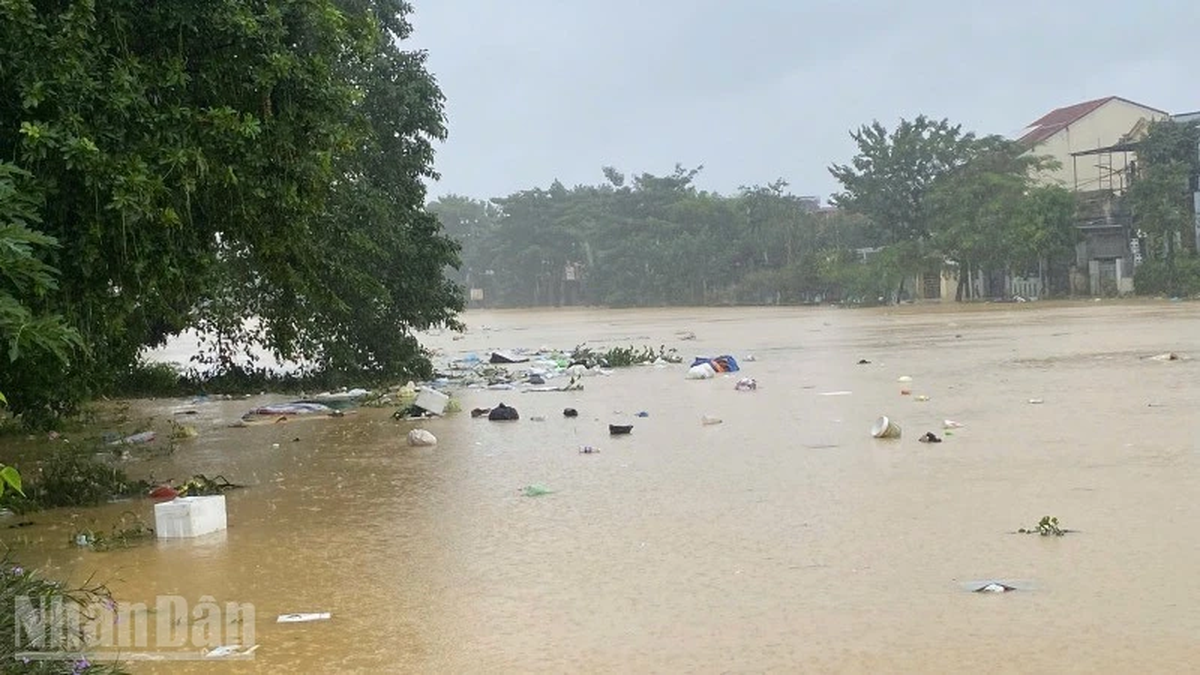

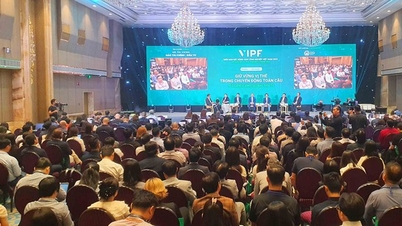

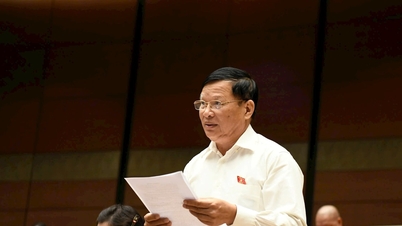

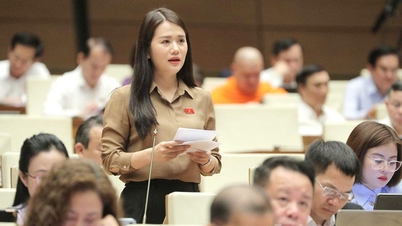

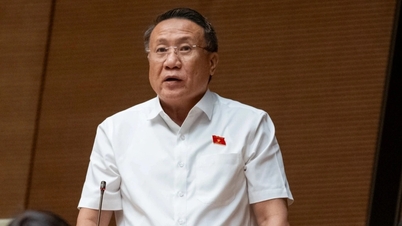

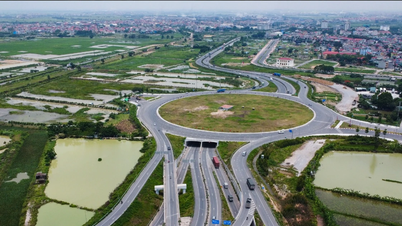
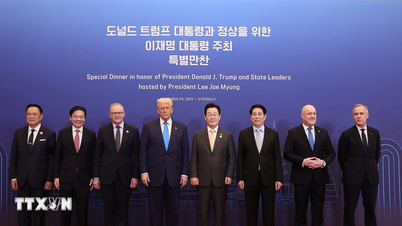

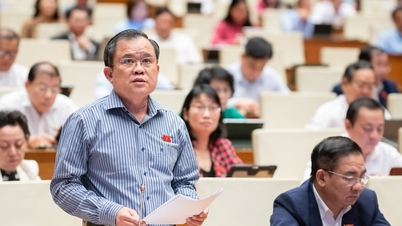


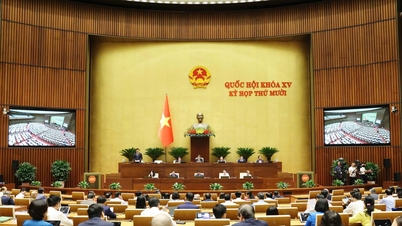
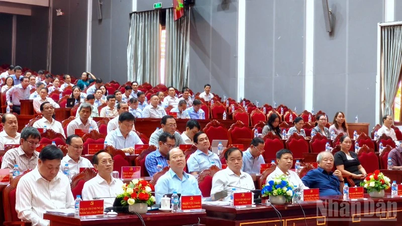







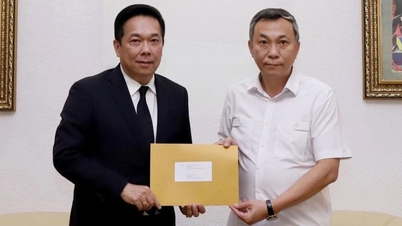




































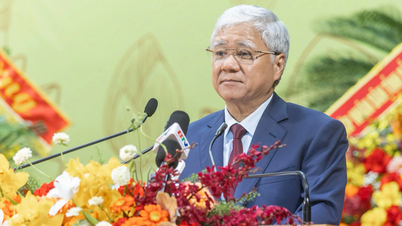
![[Infographic] Vietnam's socio-economic situation in 5 years 2021-2025: Impressive numbers](https://vphoto.vietnam.vn/thumb/402x226/vietnam/resource/IMAGE/2025/10/29/1761730747150_anh-man-hinh-2025-10-29-luc-16-38-55.png)

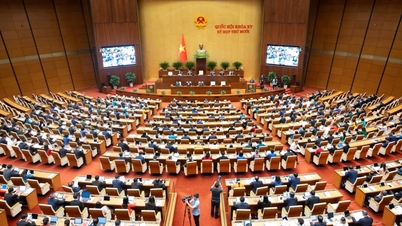
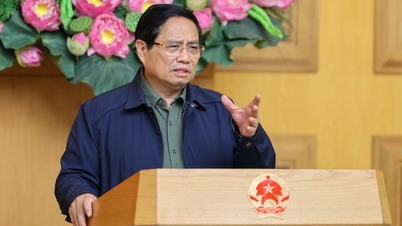
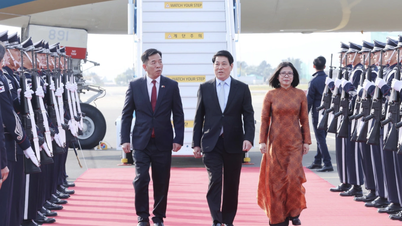
![[Live] Concert Ha Long 2025: "Heritage Spirit - Brightening the Future"](https://vphoto.vietnam.vn/thumb/402x226/vietnam/resource/IMAGE/2025/10/29/1761743605124_g-anh-sang-am-thanh-hoanh-trang-cua-chuong-trinh-mang-den-trai-nghiem-dang-nho-cho-du-khach-22450328-17617424836781829598445-93-0-733-1024-crop-1761742492749383512980.jpeg)




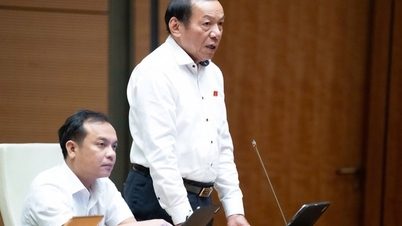
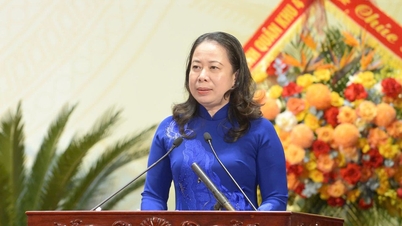

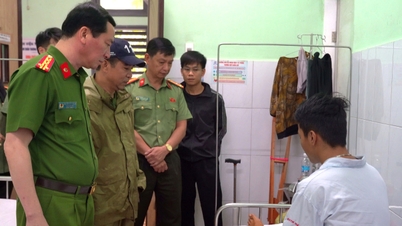

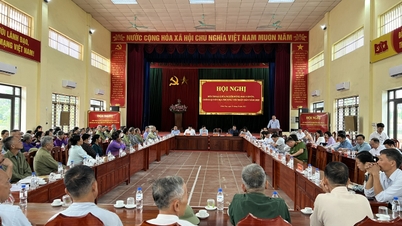

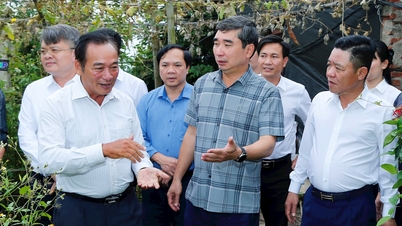

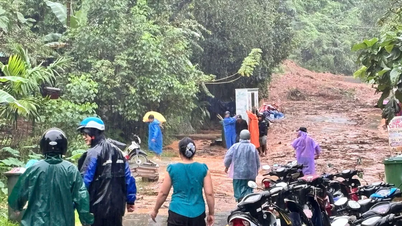



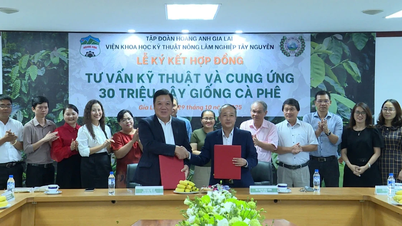















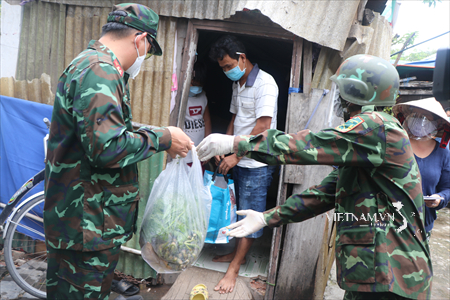
Comment (0)